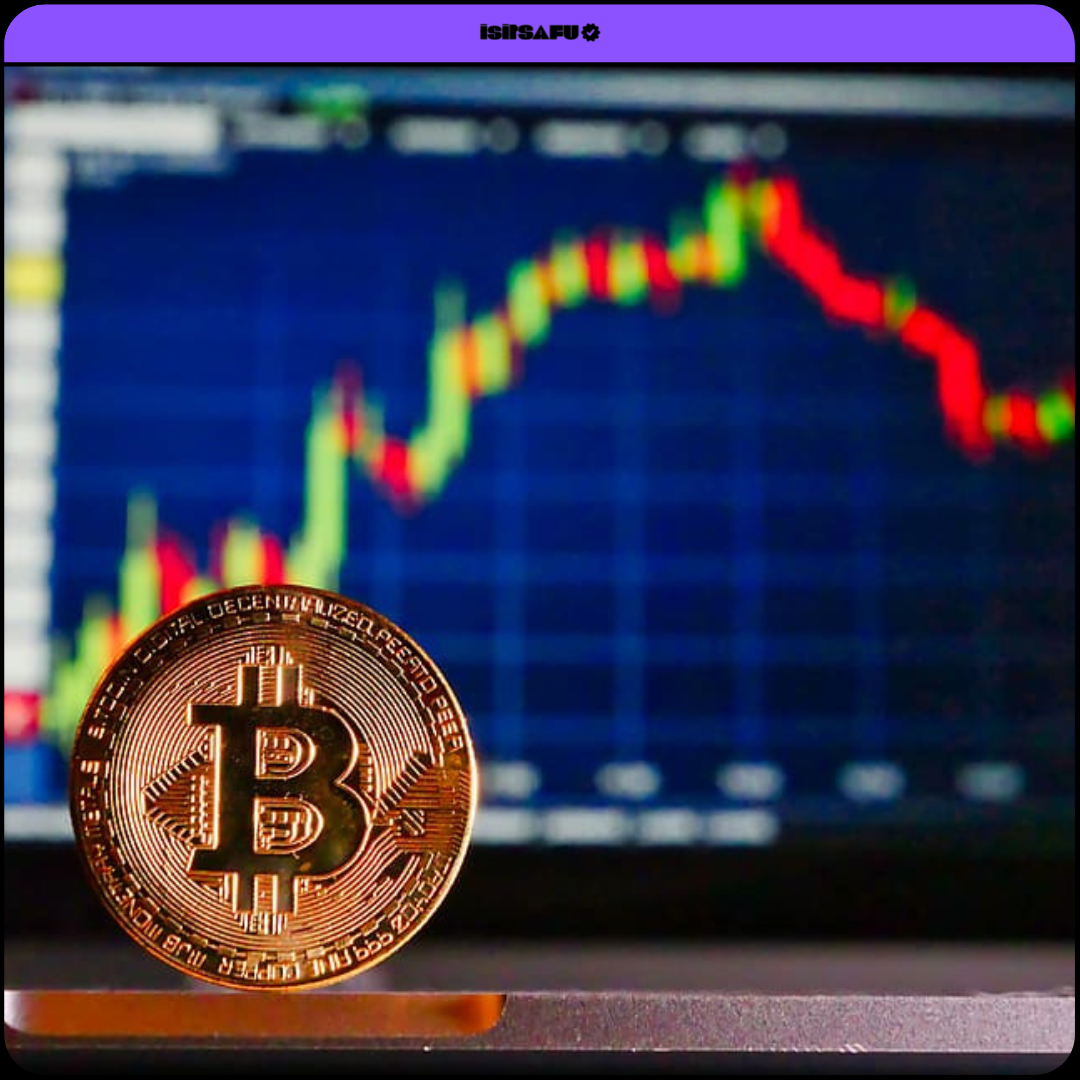Introduction
Cryptocurrencies have revolutionized the financial industry, offering users decentralized and borderless transactions. Centralized exchanges play a crucial role in the cryptocurrency market, serving as a bridge between fiat currency and cryptocurrencies. In this article, we will explore the role of centralized exchanges in the crypto market, their benefits, risks, and the future of these platforms.
What are centralized exchanges?
Centralized exchanges are online platforms where users can buy, sell, and trade cryptocurrencies. These platforms are owned and operated by a central authority, which holds the users’ funds and executes trades. Centralized exchanges act as intermediaries, matching buyers and sellers, and facilitate the exchange of cryptocurrencies for fiat currencies such as USD or EUR.
The importance of centralized exchanges in the crypto market
Centralized exchanges play a vital role in the crypto market, providing users with a convenient and secure way to trade cryptocurrencies. They offer high liquidity, allowing users to buy and sell cryptocurrencies quickly and easily. This is essential for traders looking to capitalize on market fluctuations and make profits. Moreover, centralized exchanges serve as an on-ramp for new users, making it easy for them to acquire cryptocurrencies using fiat currency.
Benefits of using centralized exchanges
Centralized exchanges offer several advantages, including:
- High liquidity: Centralized exchanges have high trading volumes, allowing users to buy and sell cryptocurrencies quickly and at market rates.
- User-friendly interface: Centralized exchanges have user-friendly interfaces that make it easy for users to navigate the platform and execute trades.
- Variety of cryptocurrencies: Centralized exchanges support a wide range of cryptocurrencies, providing users with access to a diverse portfolio.
- Regulatory compliance: Centralized exchanges are subject to regulatory oversight and may be required to comply with KYC and AML regulations. This can help protect users from fraudulent activity and provide a sense of security when using the platform.
Risks associated with centralized exchanges
While centralized exchanges offer several benefits, they also come with risks, including:
- Security: Centralized exchanges hold users’ funds, making them a prime target for hackers. In the past, several centralized exchanges have been hacked, resulting in the loss of millions of dollars worth of cryptocurrencies.
- Centralized control: Centralized exchanges are owned and operated by a central authority, which has control over users’ funds. This means that users are not in complete control of their funds and are reliant on the exchange to execute trades.
- Fees: Centralized exchanges charge fees for trades, which can add up and eat into profits. Moreover, these fees may vary depending on the exchange, making it important to compare fees before choosing a platform.
Regulation and oversight of centralized exchanges
Centralized exchanges are subject to regulatory oversight and may be required to comply with KYC and AML regulations. This can help protect users from fraudulent activity and provide a sense of security when using the platform. However, regulation can also stifle innovation and limit the growth of the crypto market. Therefore, it is important to strike a balance between regulation and innovation to ensure a healthy and vibrant crypto market.
The future of centralized exchanges in the crypto market
The role of centralized exchanges in the crypto market is likely to evolve as the industry matures. The growing popularity of decentralized exchanges (DEXs) is challenging the dominance of centralized exchanges, offering users greater control over their funds and increased privacy. However, DEXs currently suffer from low liquidity and limited trading pairs, which can make it difficult for users to execute trades quickly and at market rates. As a result, centralized exchanges are likely to remain the dominant force in the crypto market for the foreseeable future.
However, centralized exchanges are also likely to face increasing competition from newer and more innovative platforms. For example, some exchanges are exploring the use of decentralized technologies to improve security and user control, while others are developing new trading features and services to attract users. Additionally, the growth of the crypto market is likely to attract more traditional financial institutions, which may create their own trading platforms or acquire existing exchanges.
Conclusion
Centralized exchanges play a vital role in the crypto market, providing users with a convenient and secure way to trade cryptocurrencies. While they come with risks such as security concerns and centralized control, they offer several benefits such as high liquidity and regulatory compliance. The future of centralized exchanges in the crypto market is likely to be shaped by competition from newer and more innovative platforms, as well as the growth of the industry and the increasing regulatory oversight. As the market continues to evolve, it is important for users to remain informed and cautious when using centralized exchanges.

















